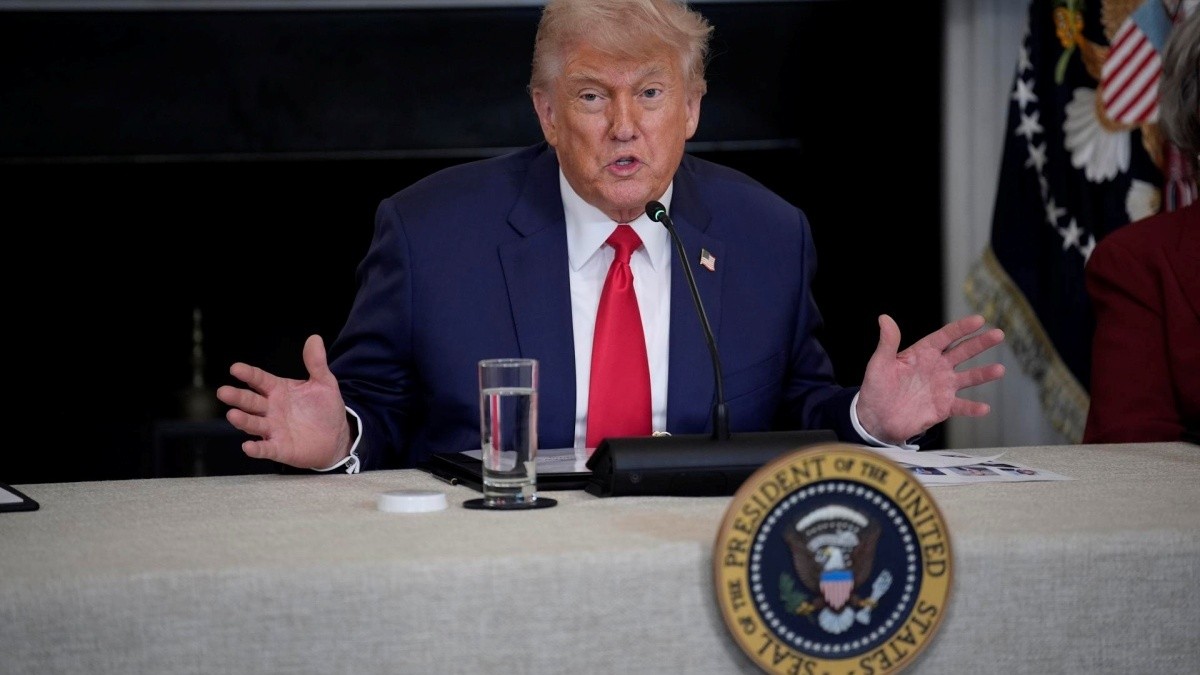The Trump Effect on State Taxes: Is Pennsylvania a Harbinger?

The fiscal strategies championed by former President Donald Trump have transcended federal boundaries, finding resonance in state legislatures. Pennsylvania stands as a prime example of this phenomenon, where legislative efforts are underway to mirror Trump's tax exemption proposals for tips and overtime. These initiatives reflect a broader trend of state-level adaptation of federal campaign promises, potentially setting a precedent for other states to follow. The implications of such policies could significantly impact the economic landscape of Pennsylvania and beyond.
In the lead-up to the November 2024 presidential elections, Trump campaigned vigorously on tax cuts, including exemptions for overtime earnings, tips, and Social Security benefits. His proposal to eliminate taxes on overtime was notably included in his spending bill, dubbed the "great, beautiful bill," which he argued would incentivize work and aid businesses in attracting employees. This federal campaign rhetoric has found a receptive audience in Pennsylvania's House of Representatives, where two Republican members have introduced separate bills to eliminate taxes on tips and overtime.
The proposed legislation in Pennsylvania is spearheaded by Republican Representative Joe Hogan, who introduced a bill to amend the tax code, ensuring that tips are not considered taxable income. This initiative has garnered support from 17 Republican co-sponsors. Concurrently, Representative Ryan Warner has put forth a bill to exclude overtime wages from taxable income, backed by 12 Republican co-sponsors. These legislative efforts underscore a strategic alignment with Trump's fiscal philosophy, aiming to provide tax relief to a significant portion of Pennsylvania's workforce.
In a co-sponsored memorandum, Hogan and Warner emphasized the economic significance of their proposals, stating, "Hundreds of thousands of Pennsylvanians work in service industries or fields offering overtime. For some, it's a part-time job to boost household income. For others, extra work is necessary just to stay afloat." They further argued that these hardworking individuals are "the backbone of our economy and deserve a tax cut," suggesting that the proposed changes would also help businesses retain employees and attract workers from other states.
Despite the potential benefits, there are concerns about the broader implications of these tax exemptions. Mark Luscombe, a principal analyst at Wolters Kluwer, cautioned that "the perception of tipped employees having a tax advantage could discourage tipping or at least the same amount of tips from customers who pay full taxes on their income." These bills are currently under consideration by the House Finance Committee, highlighting the ongoing debate over their potential impact.
Pennsylvania's legislative efforts are not isolated incidents. At the federal level, Senators Roger Marshall (R-Kansas) and Tommy Tuberville (R-Alabama) introduced similar legislation on May 6, known as the Overtime Wages Tax Relief Act. This proposal allows individual workers to deduct up to $10,000 in overtime payments, with married couples eligible for deductions up to $20,000. The exemption would phase out for high earners, with individual adjusted gross income reaching $100,000 or married couples' income hitting $200,000.
This direction in fiscal policy aligns with Trump's broader tax reduction philosophy. He has proposed tariffs as a significant revenue source to fund tax cuts for Americans. The former president has even suggested that tariff revenues could replace income tax entirely. "We might do a complete tax cut," Trump told reporters in April, "I think tariffs will be enough to cut all income tax."
Jesse Solis of the Tax Foundation noted that "individual income tax currently raises more than 27 times the revenue of tariffs." Additionally, Treasury Secretary Scott Bessent's claim that tariffs are not taxes challenges the widely accepted economic and financial definition, as tariffs are fees charged by the federal government on individuals or companies importing certain goods from abroad. The U.S. Customs and Border Protection even refers to them as "duties," another term for taxes.
0 Response to "The Trump Effect on State Taxes: Is Pennsylvania a Harbinger?"
Post a Comment